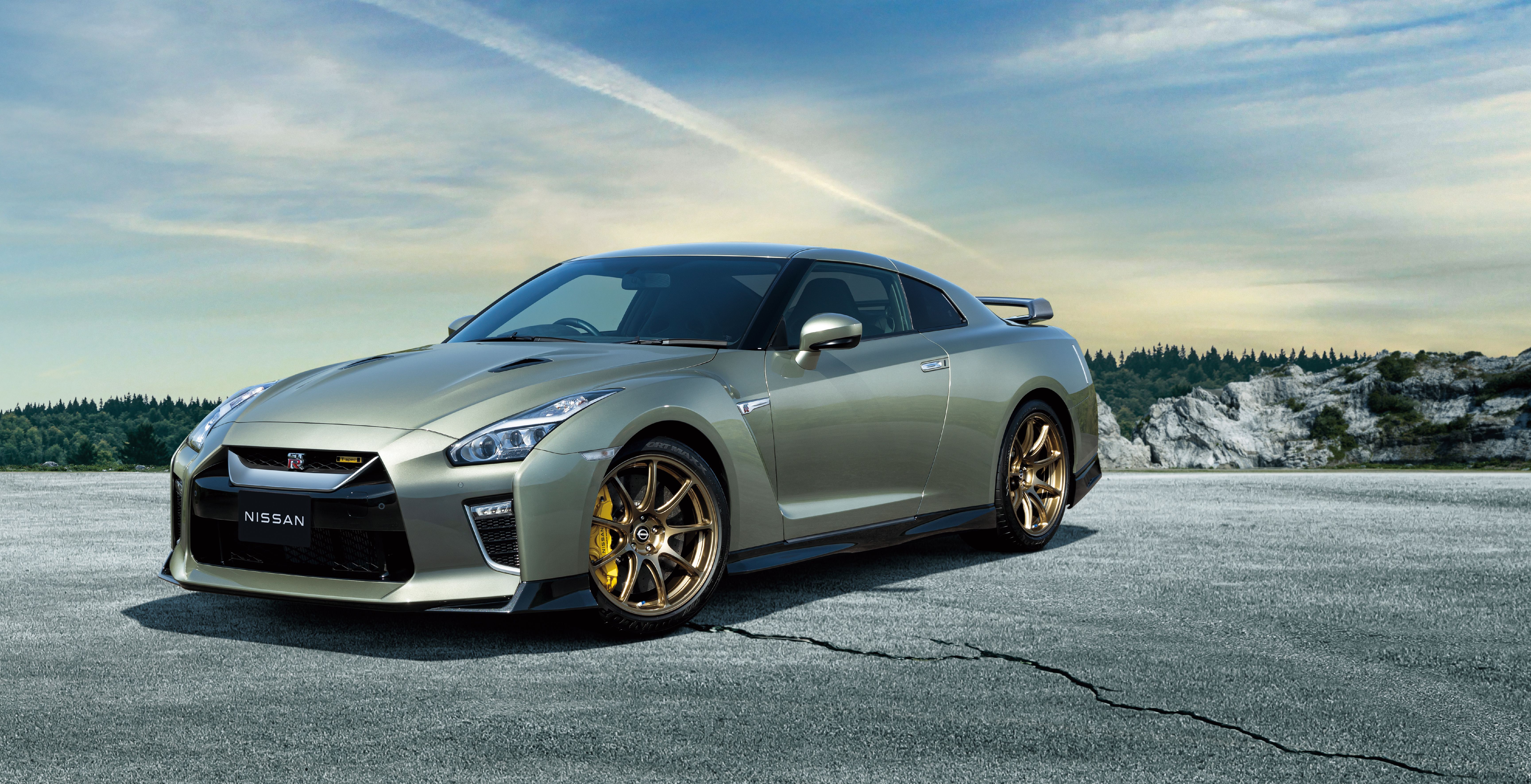Nissan may have just launched a new Nissan Z with a peppy V-6 under the hood, but regulations and laws have forced it into the category of dying breeds. These emissions regulations are one of the prime reasons why the Nissan Z isn’t going to be available in Europe and why the Nissan GT-R is about to go out of production with no successor in sight. There is hope on the horizon for a GT-R successor, and it will all rely on Nissan’s ability to perfect solid-state batteries.
An Electric Nissan GT-R and Other Electric Sports Cars Are On The Table
Nissan recently announced that it was going to launch a total of 23 new electrified vehicles, 15 of which were going to be EVs. So far, the company has launched five, and it’s shown off a number of concepts, like the Surf-Out pickup truck, and the Max-Out sports car. Autocar caught up with François Bailly, the SVP and Chief Planning Officer for the AMIEO region, to ask about what’s happening next. To our surprise, he shed some light on what could be a very interesting future.
Like the Nissan GT-R and Nissan Z, there’s a lot of enthusiasm for cars like the Nissan Patrol, but it’s not always possible to make these cars available in all markets due to regulations. Bailly has suggested that once Nissan has perfected its solid-state battery technology, it will open the door of possibility for these models to go global thanks to electrification. Solid-State batteries can charge faster and offer more capacity without nearly as much bulk or weight. He even went so far as to say the company is talking about potentially taking the next-gen Nissan GT-R electric.
The downside to this is that once the current-gen Nissan GT-R is out of production, it could be quite a while before the badge sees the production line again. Mainstream models have to come first, because it makes sense from the business side of things, especially in terms of profitability. “I would love to have an EV sports car, but we need to organize. We’re not ready to announce the sequence, but it’s clearly on the table.”
So, while Nissan may be able to launch some new mainstream EVs in the near future, cars like a GT-R EV or some other electric sports car won’t be high on the priority list.
Nissan’s Solid-State Battery Timetable
Thankfully, we have an idea of when we can expect Nissan to put its new solid-state batteries into production and, ultimately, when the enthusiast-oriented EVs could arrive. Nissan is already pretty far down the road in terms of research, and its first pilot factory for solid-state batteries is supposed to start functioning in 2024. The technology itself is expected to be ready for widespread use in 2026, which means the first production cars to receive Nissan’s solid-state batteries should hit the road by 2028. Those will be mainstream vehicles, of course, so an electric sports car might arrive before the turn of the decade if we’re lucky, and that means the GT-R’s successor is at least 5-6 years out.
Of course, Nissan will still remain committed to its bread and butter – smaller, more affordable cars. In Europe, for example, compact cars are of major importance to the brand, and with EVs, the company will be able to attract the newer generations too. The Micra, for example, is going to be based on the CMF-BEV platform and will end up as a compact electric crossover that will be built alongside the Renault 5. Suffice it to say, crossovers and SUVs are only gaining in popularity, and Nissan will be adapting accordingly as it ushers in solid-state battery technology.




